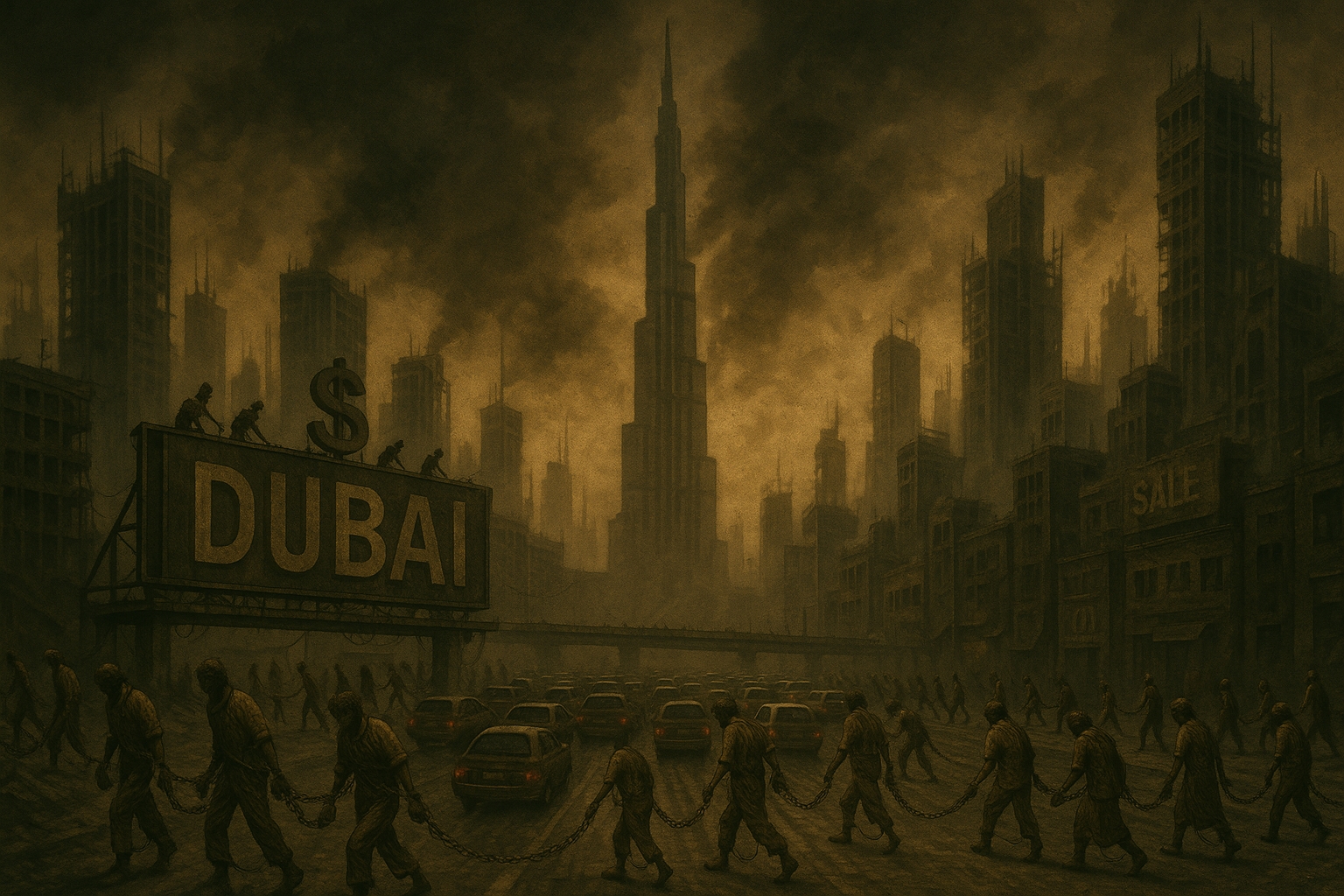



Nearly a million people have been made homeless in the Pakistan military assault on North Waziristan. The campaign is launched at the behest of the US to serve imperial interests. It will cost Pakistan dearly.
Five years after promising to shut down the torture camp at the illegally-occupied Cuban island of Guantanamo Bay (Gitmo), it remains open. In fact, there are plans to expand the gulag. The American regime acts as an outlaw.
Neither the West nor Russia is able to achieve their objectives in Ukraine resulting in a stalemate but greater suffering for the people.
Mahmoud Abbas, the US-zionist puppet in Palestine has little choice but to carry out the orders given to him by masters. While claiming to be ‘president’ of Palestine, he betrays his own people.
The Syrian people have shown a remarkable resilience in the face of the barbaric onslaught of terrorists armed, financed and instigated from abroad. The people refuse to surrender to mass murderers and cannibals.
Russia is emerging as a major power but its economy is still weak despite being endowed with enormous natural resources.
The Emiratis think by building tall structures like the West, they will become cultured and turn into the hub of cultural activities in the Middle East. Intellectual capital, not tall buildings make people cultured but who should explain this to the dwellers of city-states?
The US and its allies do not care for the people of Ukraine; their interest lies in destabilizing Russia that is becoming increasingly assertive.
Unfortunately, accurate statistics about a country’s economy are always hard to come by. Whatever data is available, however, can be used to analyze its true situation. We start this series by looking at Turkey.
In their book, Why Israel?, Suraya Dadoo and Firoz Osman compare Israeli apartheid with that practiced by the apartheid regime in South Africa and not only find striking parallels but also the extreme form Zionist apartheid has taken. The result is an exciting and informative book.
The Square, a documentary about Egypt’s January 2011 uprising, provides glimpses of most of the players but gives short shrift to al-Ikhwan al-Muslimoon, the main player that was then targeted by the deep state headed by the military.
Always on the lookout for foreign protection, the illegitimate House of Saud rule in the Arabian Peninsula eagerly embraced Uncle Sam once he emerged as a global cop after the Second World War.
Allal Al-Fassi was a Moroccan intellectual and anti-colonial independence leader. He contributed to clarifying many important concepts. Zainab Cheema reviews Fassi’s Al-Naqd al-Dhati (Self Critique).
The tiny Gaza Strip has suffered for decades at the hands of the zionists. Eva Bartlett shares her personal experiences from the besieged strip.
Nelson Mandela was a remarkable person. He not only overcame his adversaries in the political struggle but also outshone them morally by working for reconciliation after apartheid ended.
By opening up to Islamic Iran, US Secretary of State John Kerry may have started a process that would benefit many countries and may even lead to peace and stability in the region.
Abdul Aziz ibn Saud understood the utility of being a British puppet early on. By surrendering to the British, he secured vital support that brought the entire Arabian Peninsula under his family’s control.
Afghanistan does not need Western-style democracy but a return to its traditional method of solving disputes in the country. Twelve years of stuffing democracy down the throats of Afghans has created more chaos and mayhem with no end in sight to this tragedy for the people.
Contrary to popular misunderstanding, Kashmir is not a territorial dispute between India and Pakistan but about the right of the Kashmiris to determine their own future. This has been recognized under International law and enshrined in several United Nations Security Council resolutions.
The Muslim world is in so much turmoil because Muslims have allowed the two holiest cities of Islam—Makkah and Madinah—to fall into the hands of primitive savages from the darkest crevices of the desert in Nejd, Central Arabia. It is important to know where the House of Saud emerged from.

